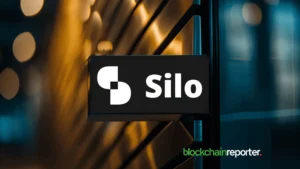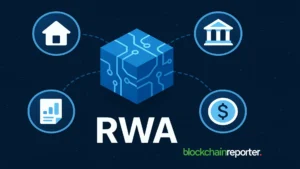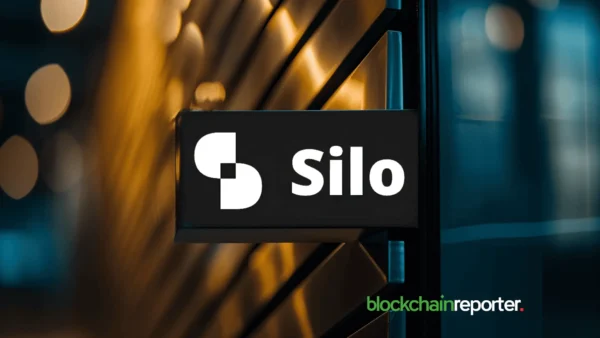
TaskOn, a well-known platform devoted to community growth in Web3 sector, has partnered with Tychi Wallet, an inclusive Web3 portal. The collaboration aims to improve Web3 consumer experience and community growth with the integration of cutting-edge wallet functionalities to enable unparalleled access to diverse blockchain utilities. As mentioned in TaskOn’s official X announcement, the move is anticipated to strengthen consumers with seamless transfers, AI-led insights, and enhanced security features. Ultimately, the development is poised to expedite the Web3 adoption while also fortifying convergence between the real-world blockchain applications and community growth.
What Makes Universal Gas Framework Game-Changer in TaskOn and Tychi Wallet Alliance?
TaskOn’s partnership with Tychi Wallet focuses on bolstering community growth and engagement in the Web3 ecosystem. In this respect, Tychi Wallet provides a Universal Gas Framework, permitting consumers to reimburse transfer fees via $TYI or $BNB across diverse blockchains. In addition to this, Tychi delivers AI-driven trade insights, real-world utility functionalities like support for debit cards, and cold wallet-level security.
Additionally, the integration between TaskOn and Tychi Wallet will allow crypto enthusiasts, creators, and developers to interact with diverse projects without requiring rapid switching between diverse wallets or platforms. This streamlines the overall experience by minimizing operational hindrance for community participants and consumers. As a result of this, faster onboarding and streamlined engagement with dApps are expected.
Driving Blockchain Adoption with Cutting-Edge Web3 Solutions
According to TaskOn, the partnership is set to enhance Web3 accessibility for common masses in practical use cases. Community participants can now enjoy an inclusive portal for protected asset management, analytics, and transfers. Simultaneously, the integration of the multi-chain Universal Gas Framework of Tychi will let developers build efficient dApps, eliminating the requirement of a single token for gas fees. Overall, the move does more than just accelerating development cycles. Hence, it also enhances consumer trust, leading to relatively widely adopted and innovative blockchain applications.








